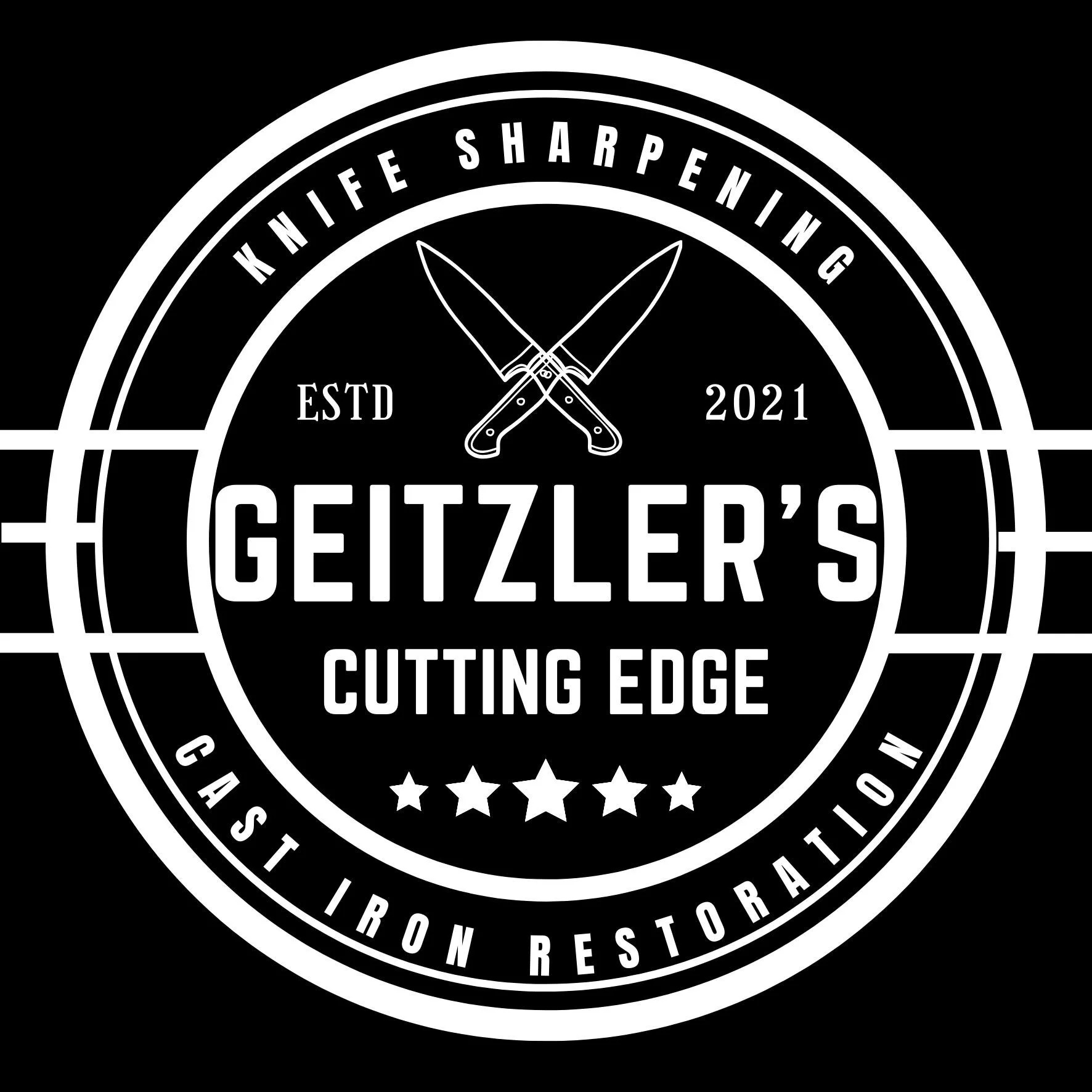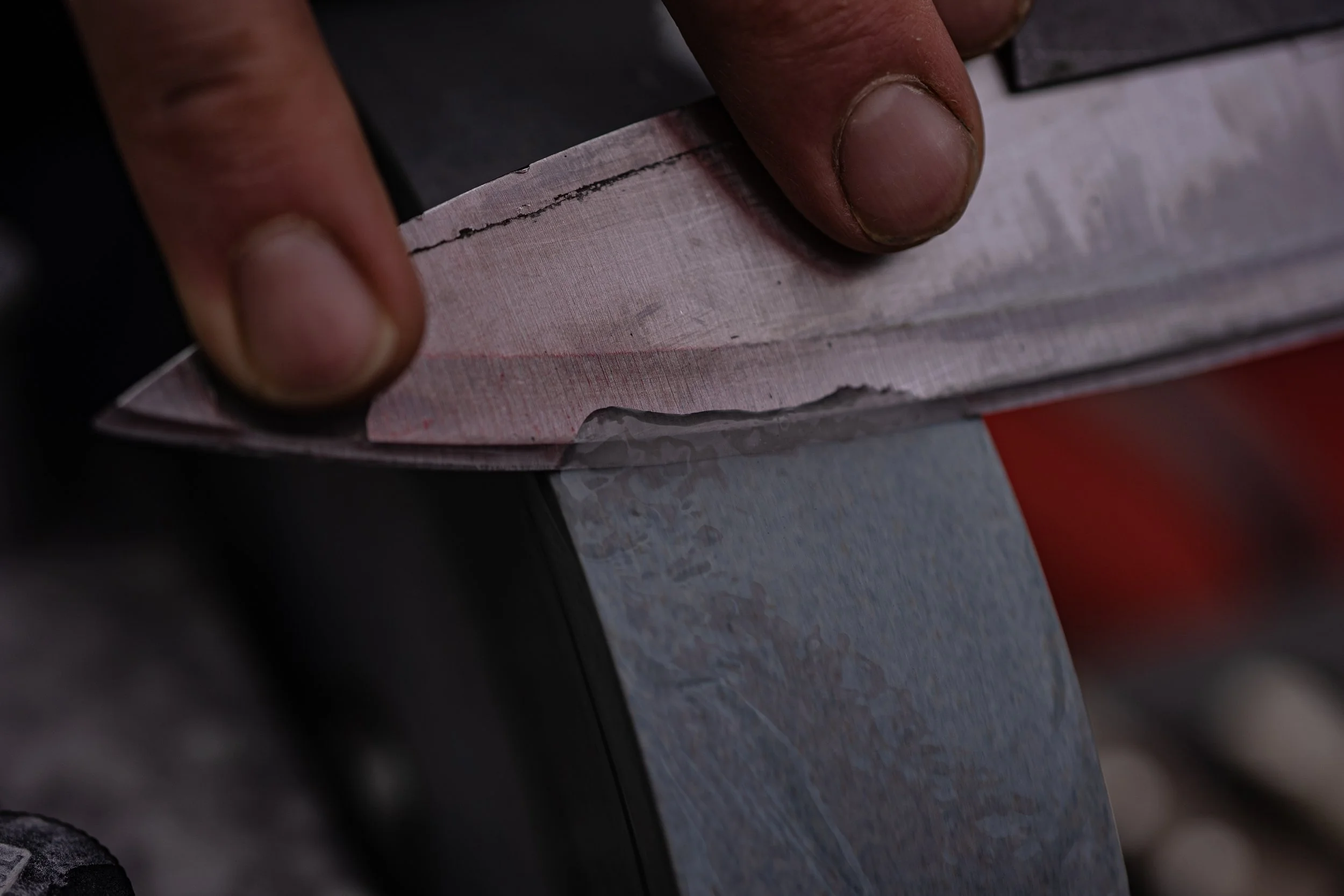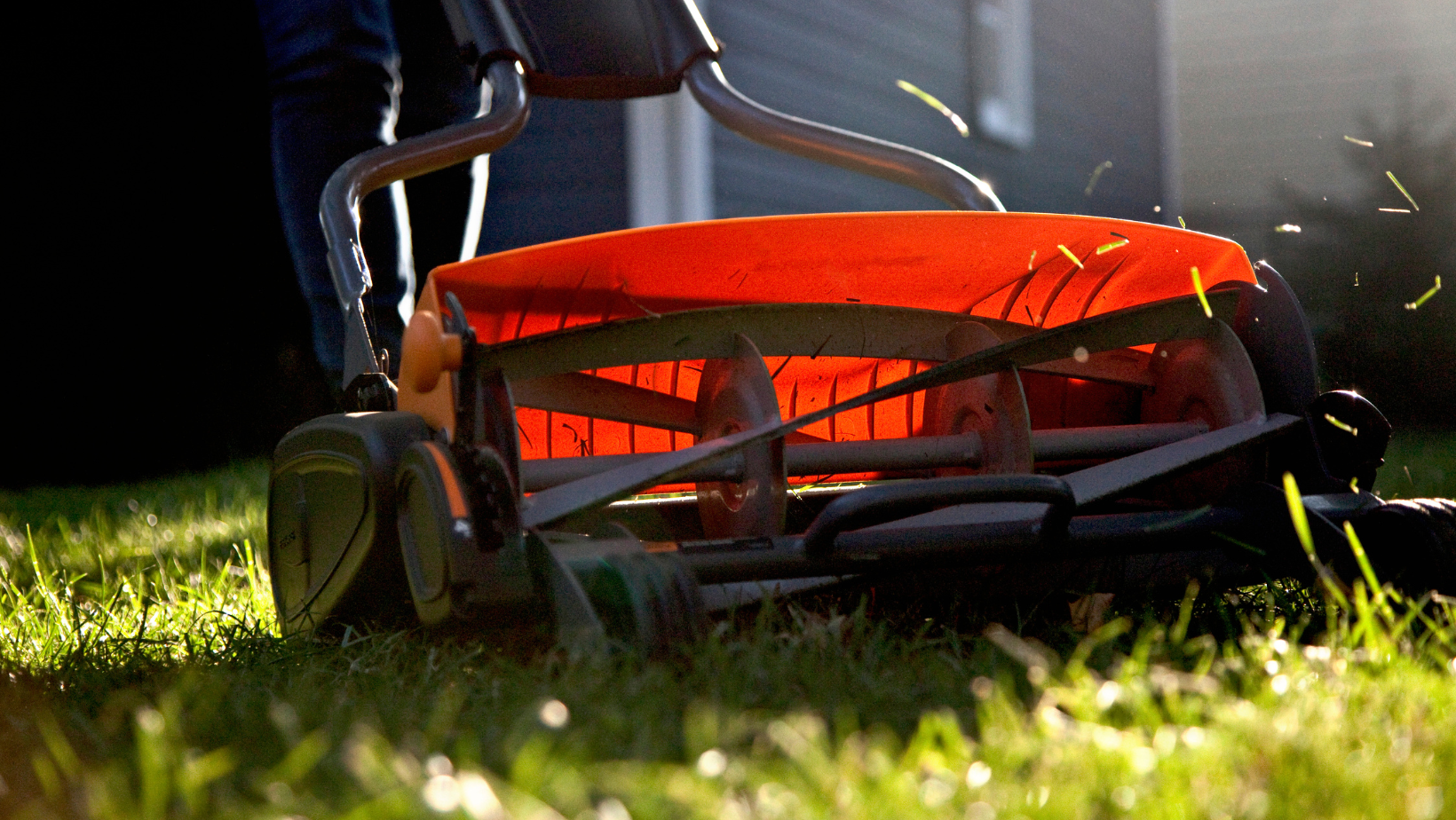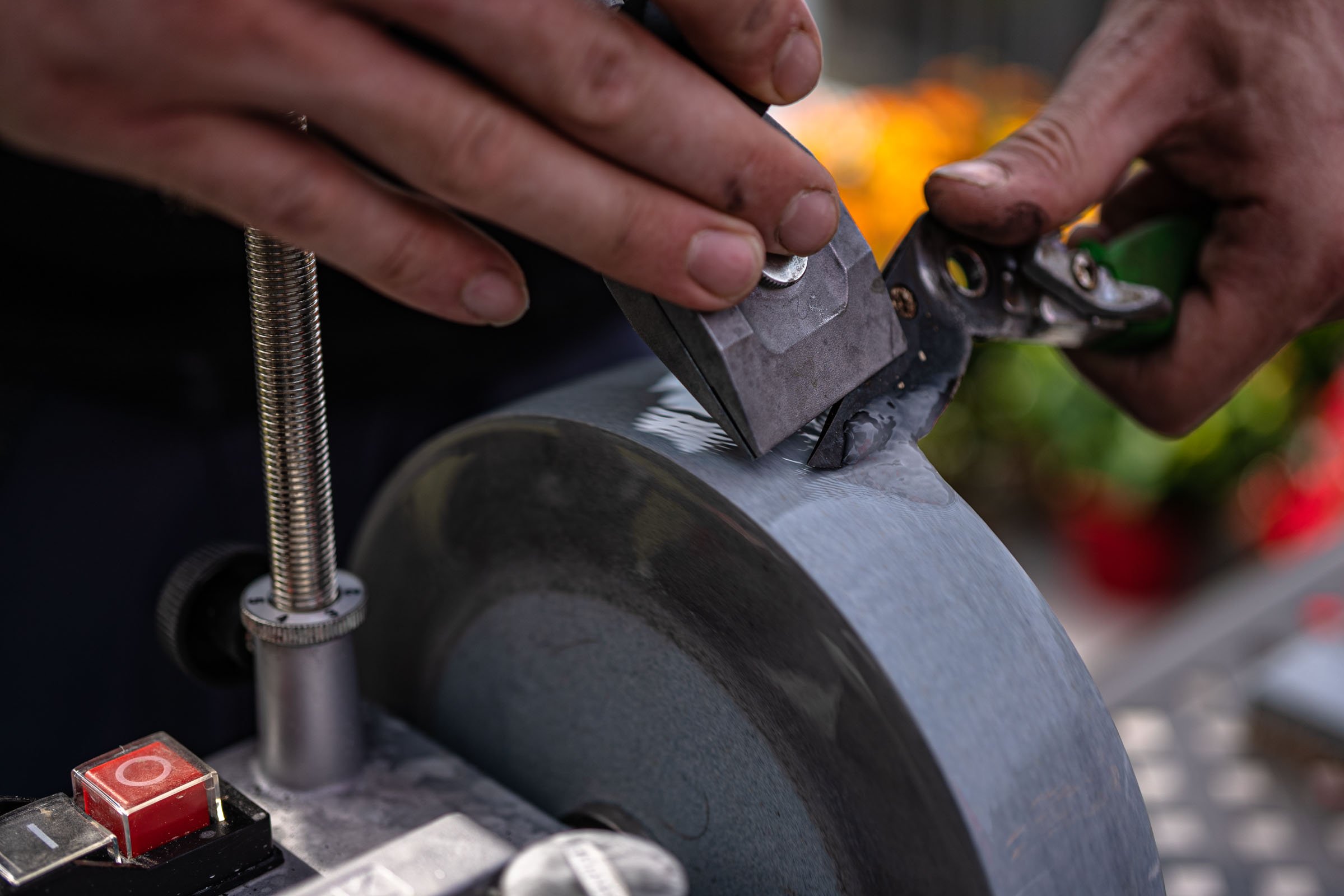Get in touch: Call or Text us at (250) 816 9629.
Mobile Appointments Available for Your Convenience
Drop-Off Location Now Open:
Monday to Friday, 9:00 AM – 4:30 PM
145 Hirst Ave E, Parksville (Inside Blanco Law Office)
For everyone’s safety, please make sure all sharp edges are securely sheathed or wrapped. If a sheath is unavailable, we recommend using a towel for protection.
Please note, Blanco Law staff are not affiliated with GCE and cannot provide sharpening advice or assess items. This location is for drop-off and pick-up only. If Phil is not available at the time of drop-off and your items require more than basic sharpening, you will receive a call for confirmation before work begins.
I offer professional sharpening and restoration services for a wide range of tools and blades, including:
• Kitchen knives (including carbon steel knives with forced patinas)
• Garden shears, shovels, hand trowels, lawn & reel mowers, electric and gas hedge trimmers.
• Pocket knives, scissors, axes, hatchets and camping gear.
• Cast iron pans (including stripping and reseasoning)
• KitchenAid mixers, and more.
I can also advise you on how to clean and maintain your tools properly, so they can last a lifetime.
Eco-Friendly Restorations & Solar-Powered Sharpening.
Mobile appointments from Campbell River to Duncan!
Hi, I’m Phil Geitzler, the founder of Geitzler’s Cutting Edge—a professional sharpening service dedicated to reviving your tools and blades. I started this business in 2021 after realizing that many people in my local community were stuck with dull, rusty tools that turned everyday tasks into frustrating battles. Whether it was kitchen knives that couldn’t slice a tomato without a fight or garden shears that refused to cut even the tiniest twig, I saw tools begging for help—and I knew I could provide it.
With 20 years in the food industry and a couple of seasons in landscape maintenance, I’ve seen firsthand how essential sharp, reliable tools are. A dull knife in the kitchen is like a car with square wheels—frustrating, inefficient, and just wrong. And when it comes to gardening, well, let’s just say a dull tool can make you question whether that hedge really needs trimming.
I’m also an avid outdoorsman who loves camping, hunting, fishing, and gardening. Over the years, I’ve sharpened, repaired, and restored countless knives, tools, and blades, giving me the skills to bring out the best in yours.
I care deeply about the environment and strive to minimize my impact on it. I use solar power to charge a battery pack that runs my machines—though on cloudy days, it sometimes feels like they’re powered by caffeine and optimism.
I also use eco-friendly products and methods for cleaning and sharpening your tools and blades, because making things sharper shouldn’t come at the expense of our planet. By keeping your tools in top condition, you’ll reduce waste, save money, and do your part for a greener future. It’s a win for your tools, your wallet, and the Earth!
Cast-Iron and Carbon-Steel
Caring for Carbon Steel and Cast Iron
Cast-iron and carbon-steel pans rely on a protective layer called seasoning—a coating of polymerized oil that creates a natural nonstick surface and guards against rust. This layer forms when high-smoke-point oil is heated and bonds to the metal. Over time, seasoning can wear down due to scrubbing, overheating, or neglect.
To restore it, your pan needs two steps:
Stripping removes old seasoning, rust, and buildup. This can be done by scrubbing, using chemicals, or through electrolysis for a deep clean.
Reseasoning involves applying a thin layer of oil and heating the pan to rebuild a smooth, durable coating.
Looking After Carbon Steel Knives
Carbon steel knives don’t contain rust-resistant chromium like stainless steel, so they need a patina—a protective layer of magnetite—to help prevent corrosion.
There are two ways to develop a patina:
Natural patina forms gradually through regular use and contact with oxygen, moisture, and food acids. It results in a dark, even finish that builds over time.
Artificial patina is created more quickly by applying acidic substances like vinegar or mustard. This process can also produce unique colors and patterns, turning the blade into a one-of-a-kind piece.
Whether it’s a pan or a knife, proper care enhances both function and beauty. With the right treatment, your tools can last a lifetime—and look good doing it.
Garden tools need to be sharp for easier & faster. They can cut through soil, weeds, and plants more smoothly than dull tools, saving you time and energy. They can also prevent damage and disease to your plants by making clean cuts that heal quickly. One example of a sharp tool most don’t think about too often is a reel mower.
A reel mower is a manual lawn mower with blades that spin as you push it. You’ve seen them, you know them, but the name? That’s what most people don’t know. It is eco-friendly and healthy, does not produce heat or emissions. It also cuts your grass better than gas or electric mowers because it slices it cleanly, like scissors, instead of tearing it. This helps your grass stay green and healthy.
To use a reel mower effectively, it’s crucial to keep its blades sharp and the cutter bar properly tensioned. Dull blades not only make mowing a workout but also tear at your grass like a toddler with a tantrum. And that banshee-like screech? That’s your mower’s way of letting you know the cutter bar tension isn’t just off—it’s auditioning for a horror movie.






